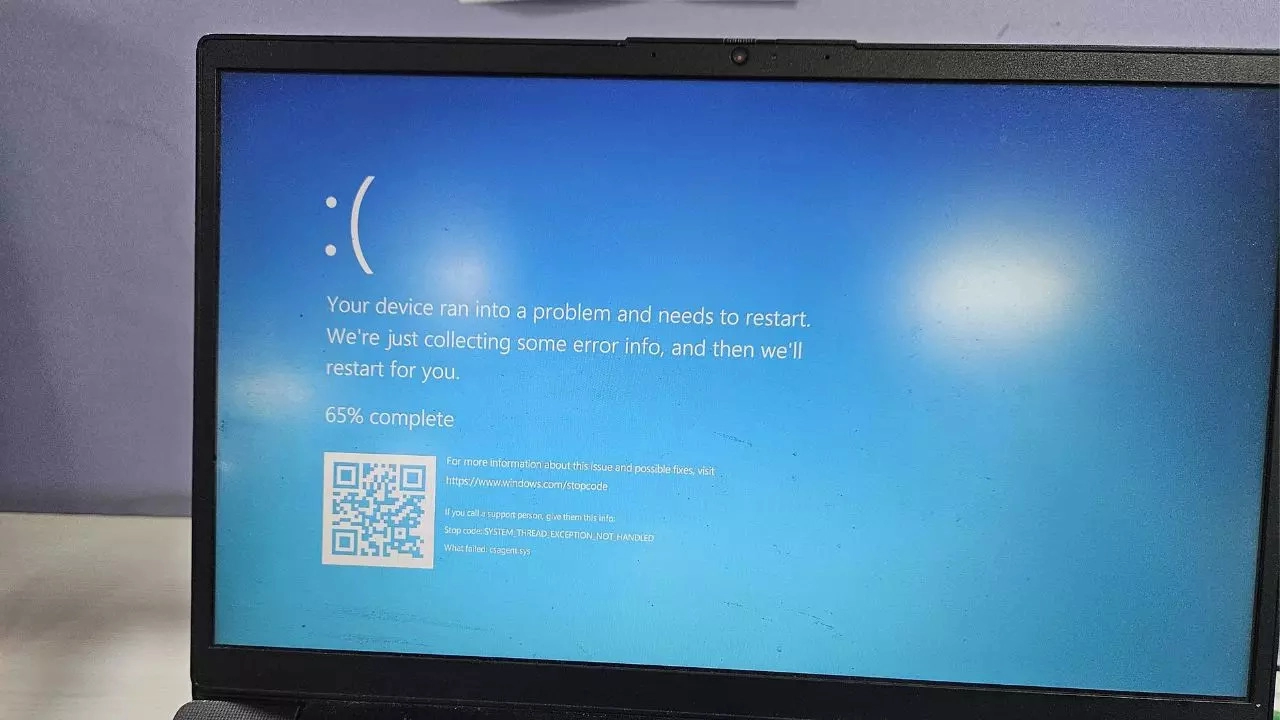Microsoft Windows outage recently caused widespread issues for businesses and organisations worldwide. The outage, which lasted several hours, impacted various Microsoft services, including Azure, Office 365, and Teams, leading to operational slowdowns and interruptions for many users.
The outage began in the early hours of July 18, 2024, and affected users across different regions. The incident was traced to a malfunction in Microsoft’s cloud infrastructure, which caused a cascading failure in the authentication systems. This prevented users from accessing critical services, highlighting the dependence of modern businesses on cloud-based solutions.
Read also: Apple overtakes Microsoft as world’s most valuable company
Microsoft’s Response and Mitigation
Microsoft’s engineering teams, demonstrating unwavering dedication, worked tirelessly to identify and resolve the outage’s root cause. The company communicated regularly through social media and its status page, providing updates on restoration efforts. By late afternoon, most services were back online, and users began to regain access.
Microsoft stated, “We’re investigating an issue impacting users’ ability to access various Microsoft 365 apps and services.”
This outage underscored vulnerabilities in centralised cloud infrastructures and raised questions about the resilience and redundancy of such systems. Cybersecurity firm CrowdStrike reported that the disruption created opportunities for cyber threats as malicious actors attempted to exploit the temporary instability.
Read also: Microsoft assures continuity of operation in Nigeria
Lessons Learned and Future Steps
Experts underscored the critical importance of diversifying IT resources and having robust contingency plans to mitigate the impact of similar incidents in the future. This is not just a recommendation but an urgent necessity. Microsoft reiterated its commitment to improving infrastructure and enhancing security protocols to prevent recurrence and bolster user confidence.
The outage had a significant ripple effect, disrupting business operations and IT functions globally, including in Africa. African businesses and organisations relying on Microsoft services have not been reported to experience such interruptions. Airlines such as Turkish Airlines and Ryanair and significant airports like Heathrow and Berlin Brandenburg reported flight disruptions due to the outage.
While the global IT landscape continues to evolve, the recent Microsoft Windows outage has highlighted the vulnerabilities in our reliance on centralised cloud services and the need for robust contingency planning and infrastructure improvements.
















